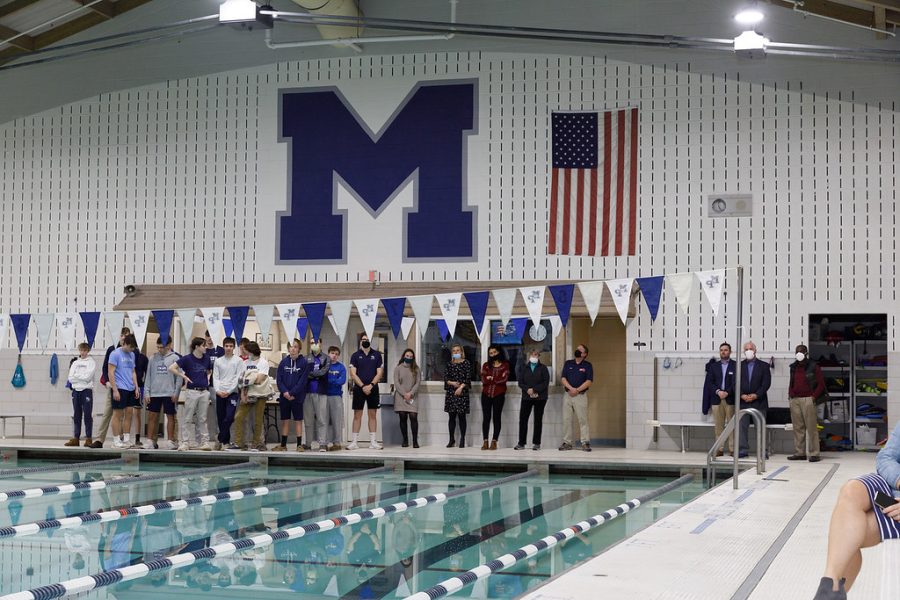 Eastwood, Cooper knock this true story out of the park
Eastwood, Cooper knock this true story out of the park
Shot opens on the grand canyon. An eagles swoops across the screen as camera pans left to reveal George Strait wearing a duster and walking barefoot through a fire. As hundred dollar bills start raining from the sky, George shoulders his rifle, aims at the camera, and fires. Screen goes black…
False. This is not American Sniper. For those looking for mindless red, white, and blue propaganda (a la Act of Valor), look elsewhere. American Sniper is not your average war film.
Sniper focuses on the life of the deadliest sniper in US military history, Chris Kyle. The film follows Kyle from a young age, attempting to answer the questions “What made Chris who he was?
One question many had going into the film is “Is this story true?”. The answer is yes. The film is overwhelmingly true (judging from statements from the Kyle family), with only minor embellishments in battle sequences.
Director Clint Eastwood’s latest film finds an emotional depth unprecedented in his previous works. However, much of such credit can be attributed to Bradley Cooper, who turned in one of the most dynamic performances I have ever seen. Cooper masterfully shows the evolution of Kyle from a headstrong cowboy to genuine hero, and everywhere in between.
What separates Sniper from the pack of post-9/11 era war films is its emotional depth. Kyle and his brothers are not heros only because of their actions on the battlefield, but for the damage they do to themselves so that others don’t have to. The motto of the Travis Manion Foundation, a local foundation founded by a LaSalle alumnus’s family who was killed in action, is “If not me, then who?” This is a message that transcends the entire film.
One key aspect of Sniper is that about only half of it takes place on the battlefield in Iraq. The other half takes place at home, where Chris Kyle struggles to decompress and return to “normal” life. While he is physically at home with his family, his mind never leaves Iraq. Kyle emerges as the consummate hero, one who wants nothing more than to save as many as he can. The hard part is coming to terms with the knowledge that all cannot be saved.
The film has received huge critical and commercial success, becoming the highest grossing film to ever premiere in the winter, passing the like of Avatar and The Passion of the Christ with over $90 million being raked in on opening weekend.
Emotionally charged dialogue, Cooper’s dynamic portrayal of Chris Kyle, and Eastwood’s famed muted setting combine to make American Sniper the best war film since Saving Private Ryan. In a year packed with great films, American Sniper emerges as one for the ages, and my favorite film of the past few years.
P.S. Academy, if you are reading, you should all be arrested if this doesn’t receive Best Leading Actor and Best Picture.






robert w. boyce • Jan 31, 2015 at 3:27 pm
Your comparison to Private Ryan is right on. War and it’s impacts on families and society is horrendous. Kyle was committed to mitigating the heinous attacks by radical members of the Afghan community and save many lives. As Paton wanted to end the brutal atrocities of the monster, Hitler, he did not want innocent people to die. War for time in memoriam has resulted in the innocent dying so that the common good could be achieved.